
|
|
# 2021 The UBUNTU Eduscope |
|
The UBUNTU Eduscope is an affordable, locally producible digital microscope for education in Sub-Saharan Africa. The design can be created from off-the-shelf components in combination with laser-cut and 3D printed parts. A backup battery is included to cope with potential power outages. It utilises a motorised dual-axis sample movement system, leading to image stability. The movement of the optics is also motorised to allow for high precision and autofocusing. The controller allows the user to move the sample without the need of touching the microscope, decreasing image disturbances and the risk of damage.
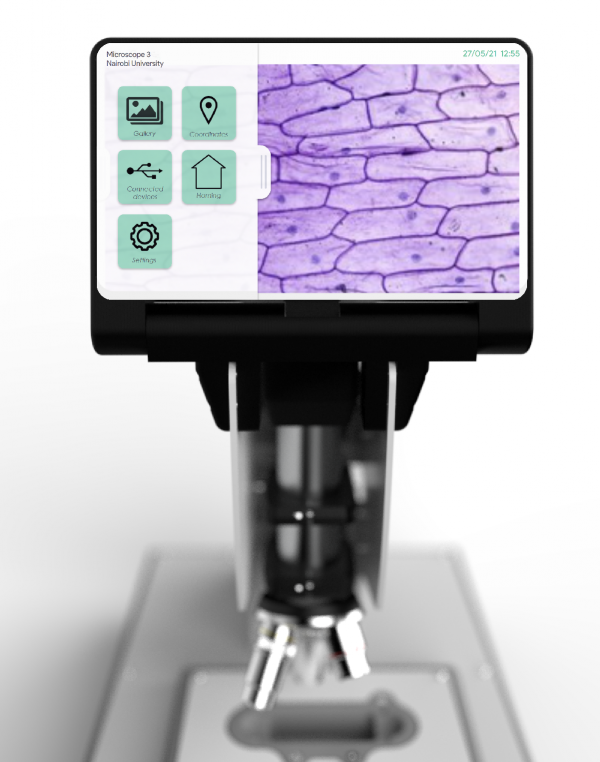
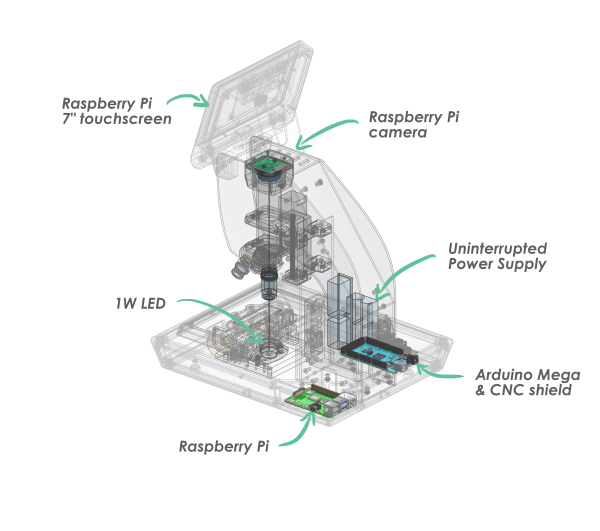
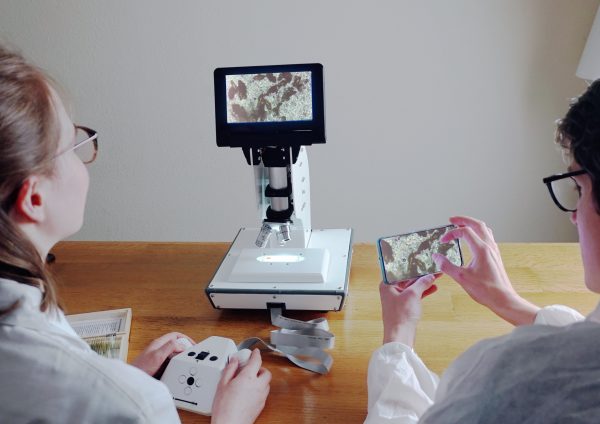
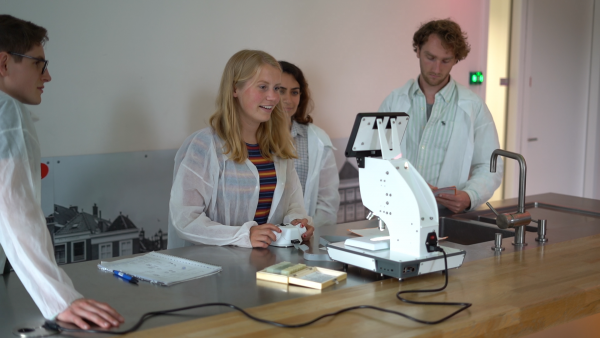

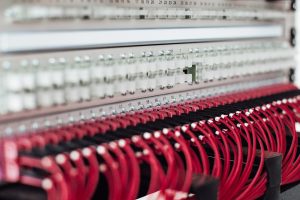
Improving the reliability and security of 5G telecommunication networks
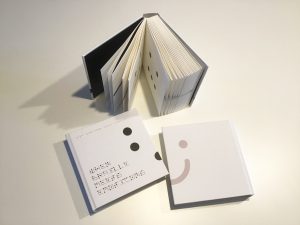
PXL – MAD School of Arts Hasselt
Emoticons reinvented in Braille language to expand expressive possibilities for the visually impaired
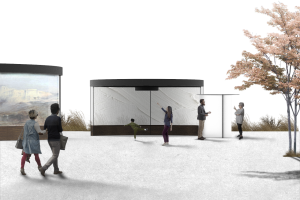
A platform for cultural institutions to engage audiences and enable them to generate content
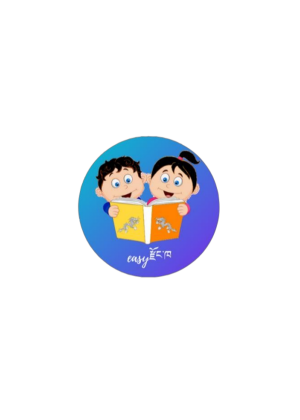
Gyalpozhing College of Information Technology
An interactive learning platform designed to preserve and encourage the use of the Dzongkha language